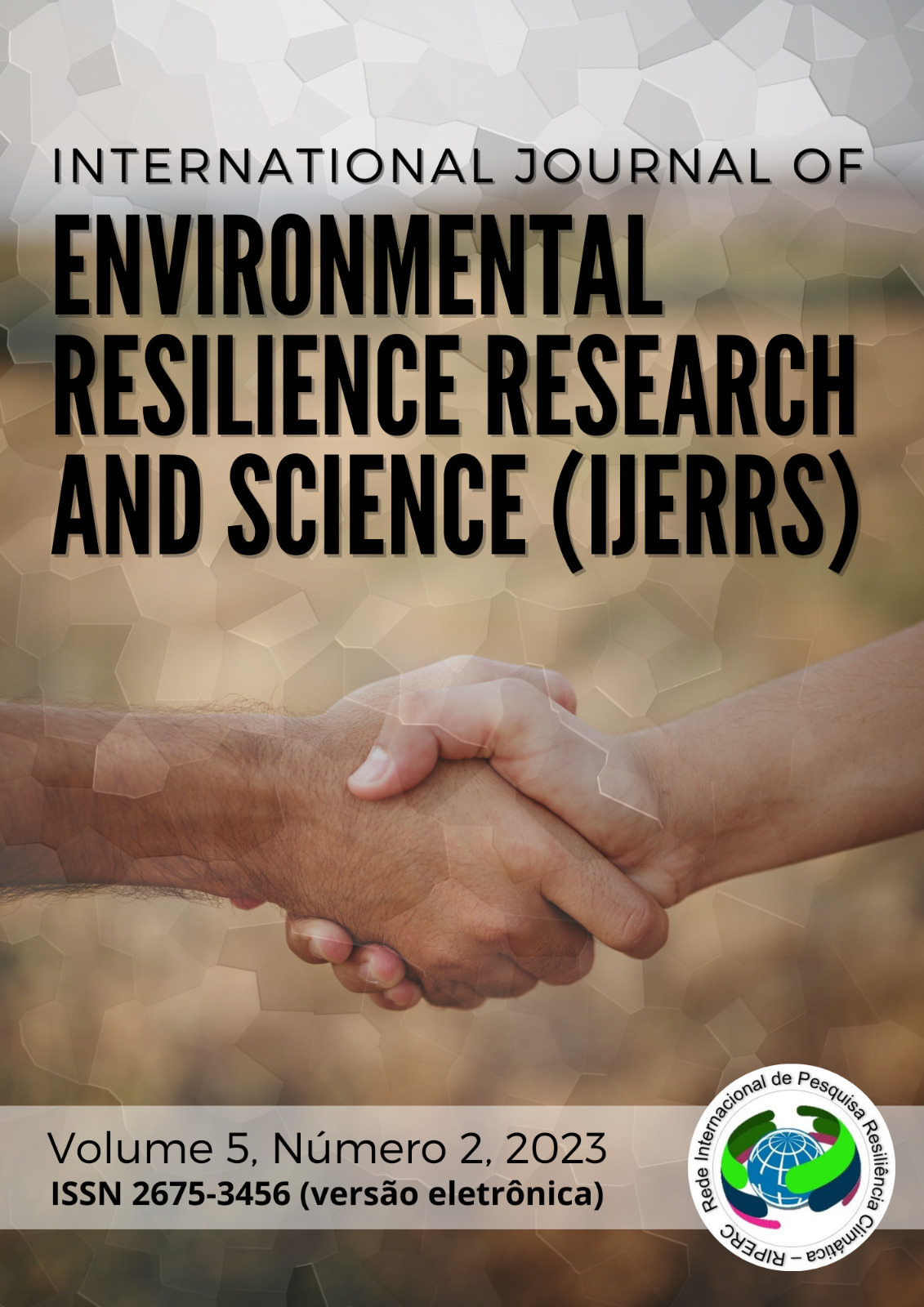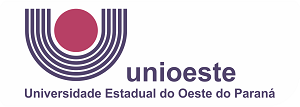Climate change and the role of agriculture south-mato-grossense in carbon neutralization
Climate change and the role of agriculture south-mato-grossense in carbon neutralization
DOI:
https://doi.org/10.48075/ijerrs.v5i2.30903Abstract
As climate change advances, risk assessments contribute to reducing vulnerability and improving food security. National strategies and adaptation plans to alleviate the negative impacts of climate change are essential for a low-carbon and climate-resilient future, and agriculture is an important part of the solution. This study explores the dynamic relationship between the change in essential climate variables of the multi-model Coupled Model Intercomparison Project Phase 6 (CMIP6) set of the Climate Change Knowledge Portal (CCKP) platform and the adaptation strategies of agriculture in Mato Grosso do Sul, with the objective of systematically specify and differentiate adaptation measures, summarizing the practical progress of carbon neutrality, the path to achieving carbon neutrality, and carbon neutrality research. The CMIP6 projections showed a worrisome climate environment for agricultural production in Mato Grosso do Sul, in particular the increase in average air temperature, by up to 1.5ºC for the year 2030. However, policies for the development and adoption of sustainable production practices are being created, tested and practiced in the field, being essential for the State of Mato Grosso do Sul to reach the great goal of carbon neutralization in 2030. marginal and 2070 pessimistic.
Keywords: climate. CO2. greenhouse gases.
Downloads
Published
How to Cite
Issue
Section
License
Copyright (c) 2023 International Journal of Environmental Resilience Research and Science

This work is licensed under a Creative Commons Attribution-NonCommercial-ShareAlike 4.0 International License.
Aviso de Direito Autoral Creative Commons
Política para Periódicos de Acesso Livre
Autores que publicam nesta revista concordam com os seguintes termos:
1. Autores mantém os direitos autorais e concedem à revista o direito de primeira publicação, com o trabalho simultaneamente licenciado sob a Licença Creative Commons Attribution que permite o compartilhamento do trabalho com reconhecimento da autoria e publicação inicial nesta revista.2. Autores têm autorização para assumir contratos adicionais separadamente, para distribuição não-exclusiva da versão do trabalho publicada nesta revista (ex.: publicar em repositório institucional ou como capítulo de livro), com reconhecimento de autoria e publicação inicial nesta revista.
3. Autores têm permissão e são estimulados a publicar e distribuir seu trabalho online (ex.: em repositórios institucionais ou na sua página pessoal) a qualquer ponto antes ou durante o processo editorial, já que isso pode gerar alterações produtivas, bem como aumentar o impacto e a citação do trabalho publicado (Veja O Efeito do Acesso Livre).
Licença Creative Commons
Esta obra está licenciada com uma Licença Creative Commons Atribuição-NãoComercial-CompartilhaIgual 4.0 Internacional, o que permite compartilhar, copiar, distribuir, exibir, reproduzir, a totalidade ou partes desde que não tenha objetivo comercial e sejam citados os autores e a fonte.









